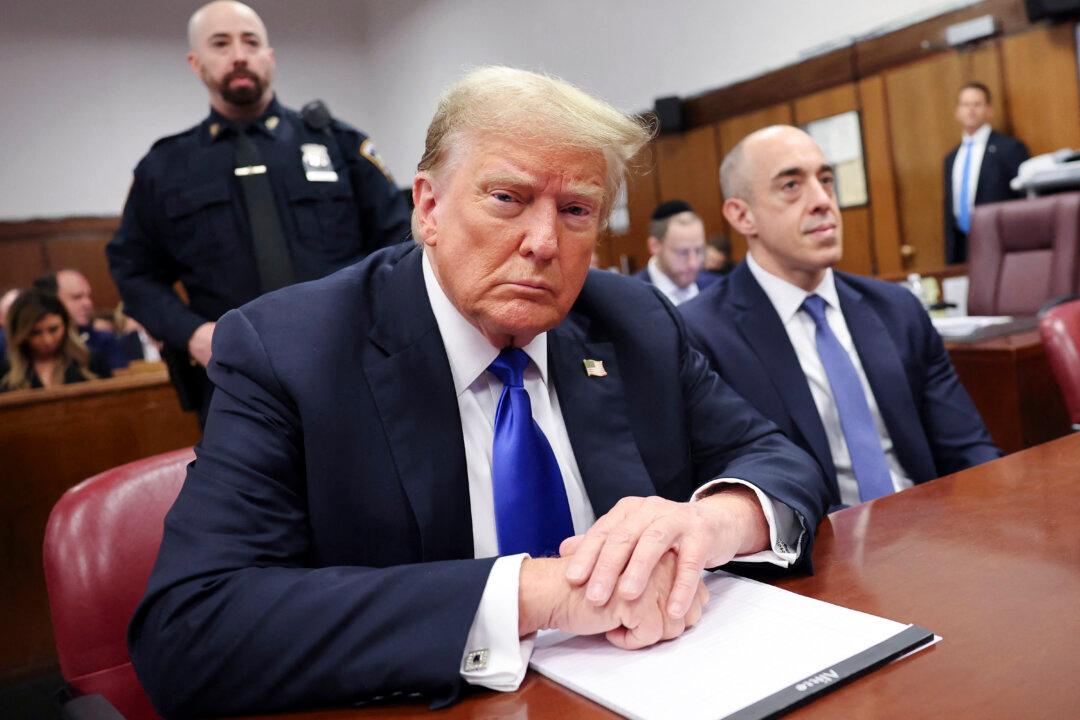Attorneys for former President Donald Trump filed a post-trial presidential immunity motion on July 11, arguing evidence of official acts were presented before a grand jury and then at trial, and therefore the guilty verdict returned in May must be vacated and the indictment dismissed.
“Your Honor now has the authority to address these injustices, and the Court is duty-bound to do so in light of the Supreme Court’s decision,” the motion reads.





